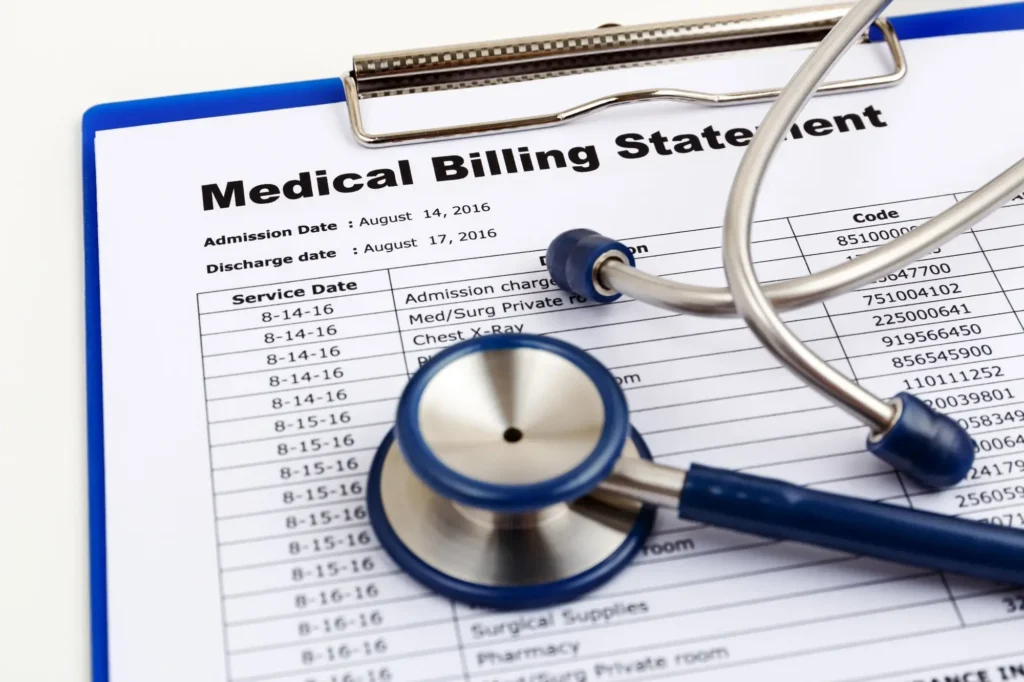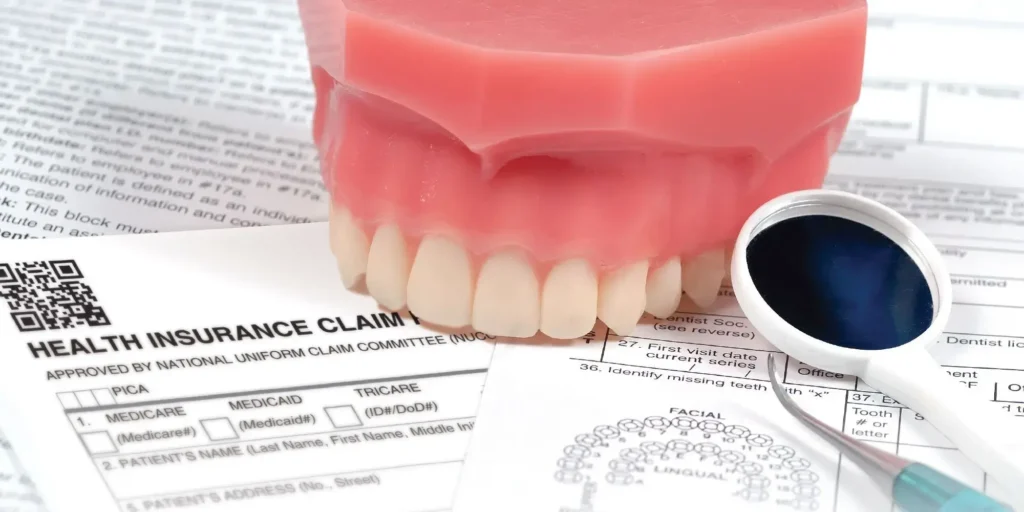Like other healthcare providers, dentists must bill for the services they provide to their patients. This involves submitting claims to insurance companies, government programs such as Medicaid or Medicare, and other payers. The billing process typically includes collecting patient information, verifying insurance coverage, submitting claims, and following up on unpaid claims.
However, medical billing for dentists and dental procedures are often categorized differently than medical procedures, and dental codes are different from medical codes. Dental procedures are generally categorized into routine, preventive, basic, and major services. These categories correspond to different levels of coverage and reimbursement rates under dental insurance plans.
Additionally, dental insurance plans often have different rules and requirements than medical insurance plans. For example, dental plans may have waiting periods before certain services are covered, and they may have annual coverage limits.
Also, dental practices may also bill for cosmetic services that are not typically covered by insurance. These services may require a different billing process than medical services. While there are some differences in medical billing for dentists, the basic process of submitting claims and following up on unpaid claims is similar to other healthcare practices.
Let’s explore how medical billing for dentists differs from any other practice of medical billing.
What is Dental Billing?

One might get confused by the dental billing term as it becomes overwhelming in no time – that shouldn’t be. Dental billing involves similar procedures and requirements that any practice would. Medical billing allows practices to better manage their revenue management cycle and get reimbursed faster.
However, dentists get reimbursed from a different coding structure and codes. Dental billing codes, or Current Dental Terminology (CDT) codes, are used to categorize and bill specific dental procedures. These codes are similar to medical billing codes, but they are specific to dental procedures and treatments.
Dental billing is an important process for dental practices to ensure that they are properly reimbursed for the services they provide to their patients. It also helps patients understand their insurance coverage and the costs associated with their dental care.
Dental billing can be a complex process. Many dental practices outsource their billing to specialized dental billing companies or use dental practice management software to help streamline the process. These tools can help ensure that claims are submitted accurately and in a timely manner, reducing the risk of denied claims and lost revenue for the practice.
Medical Billing for Dentists
Similar to medical billing other than dental billing, a robust medical billing system is vital. Even if your medical practice is connected with the most effective insurance providers, getting reimbursement timely through accurate billing and coding can be challenging.
Medical billing for dentists refers to the process of submitting and receiving payments for dental services that are covered by a patient’s medical insurance rather than dental insurance. This can include procedures such as oral surgeries, dental implant placements, and treatment for medically necessary conditions like sleep apnea.
To begin medical billing for dental services, dentists need to have a good understanding of medical coding and billing procedures. This includes knowledge of the Current Procedural Terminology (CPT) codes, which are used to describe medical procedures, as well as the International Classification of Diseases (ICD) codes, which are used to describe medical diagnoses.
Dentists should also be familiar with the billing requirements of various insurance companies, including their policies regarding pre-authorization, claim submission, and reimbursement. Additionally, they may need to obtain prior authorization for certain procedures and provide medical necessity documentation to support their claims.
To ensure accurate and timely payment for their services, dentists may choose to work with medical billing companies or hire dedicated billing staff. These professionals can help dentists navigate the complex world of medical insurance and ensure that they receive the full reimbursement to which they are entitled.
Overall, medical billing for dentists requires careful attention to detail and a thorough understanding of the medical billing process. By properly documenting their services and submitting accurate claims, dentists can provide high-quality patient care while maximizing their reimbursement.
Before you integrate any specific medical billing system in your dental practice or organization, there are some steps that you should consider;
- Review all your clinical documentation that needs to be accurate
- Audit your practice documentation
- Prior to submitting your claims to any medical insurance company, make sure that your documentation is complete, errorless, and compliant.
Codes for Medical and Dental Billing
Medical and dental billing codes are used to describe specific medical procedures and services for insurance and billing purposes. Here are some of the most commonly used codes:
CPT (Current Procedural Terminology) codes:
These codes are used to describe medical procedures and services, such as office visits, surgeries, diagnostic tests, and more. They are maintained by the American Medical Association (AMA) and are used by medical professionals and insurance companies for billing purposes.
ICD (International Classification of Diseases) codes:
These codes are used to describe medical diagnoses and conditions, such as diseases, injuries, and symptoms. They are maintained by the World Health Organization (WHO) and are used by medical professionals and insurance companies for billing and tracking purposes.
HCPCS (Healthcare Common Procedure Coding System) codes:
These codes describe medical procedures and services not covered by CPT codes, such as ambulance services, durable medical equipment, and more. They are maintained by the Centers for Medicare and Medicaid Services (CMS) and are used for billing and tracking purposes.
NDC (National Drug Code) codes:
These codes are used to identify prescription drugs, including the drug name, strength, and dosage form. They are maintained by the FDA and are used by pharmacies, insurance companies, and other healthcare providers for billing and tracking purposes.
CDT (Current Dental Terminology) codes:
These codes are used to describe dental procedures and services, such as cleanings, fillings, extractions, and more. They are maintained by the American Dental Association (ADA) and are used by dental professionals and insurance companies for billing purposes.
How can a Reliable Dental Billing service help?
With so much on their plate, dentists find proclivity to have a system in place where their practice billing service can be managed timely and effectively. For this, practitioners often hire third-party services or outsource their medical billing services to a provider to navigate their claim submission and revenue by accurate coding.
As compliance is the key in medical coding, medical billing service providers are dedicated individual who work to provide billing services to dentists and medical practitioners as they are well aware of the latest changes in the medical codes and guidelines. Therefore, having their back for medical billing can be much of a stress reliever for medical practices.
Conclusion
Accurate coding is critical for medical and dental billing. Healthcare providers must ensure that the codes they use are appropriate for the services provided and document their services properly to support their claims. Insurance companies use these codes to determine reimbursement, so errors or omissions can result in denied claims or underpayments. Also if you are a dentist and want to get credentialed then feel free to contact us for billing services for a dermatologists.





